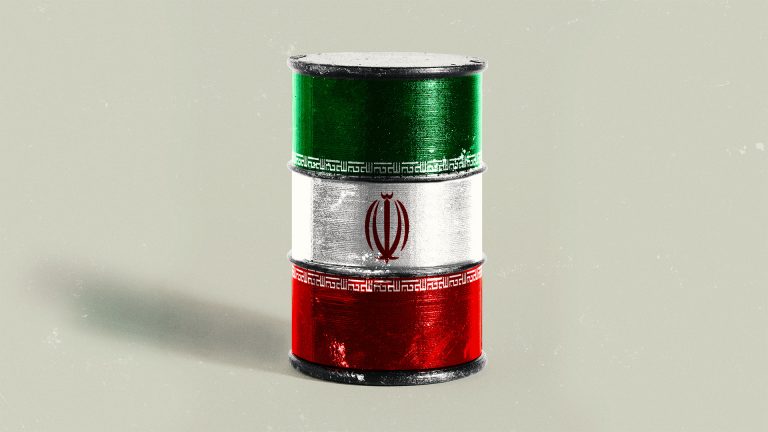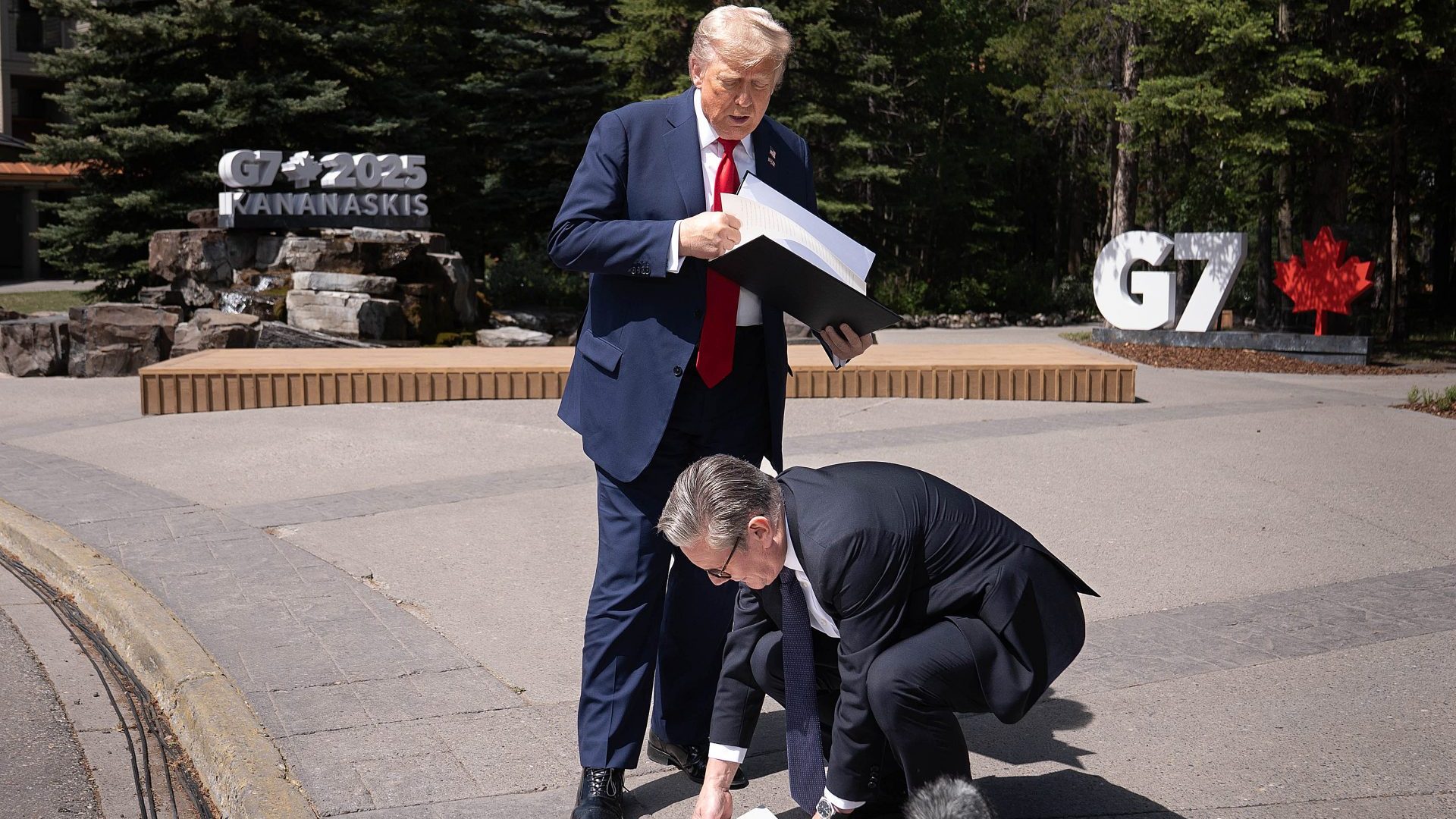As the US and Israel have exchanged fire with Iran, it is almost bewildering to consider how quickly the situation has spiralled out of control. At the start of the year, even with the knowledge that Donald Trump was about to re-enter the White House, no one would have imagined that the closure of the Strait of Hormuz would have become a live issue, bringing back terrible memories of the oil price shock of 1973. Yet here we are, with the threat of Iranian cyberattacks and of the country activating its sympathisers to attack either military or civilian targets across the west.
But as governments around the world calibrate their response to the current worsening situation, they must confront two unanswered foreign policy questions, neither of which immediately concerns Iran.
The first is: are we OK with China becoming the dominant global power by 2049, which is its aim; or are we not? The second is: do we think an order based on international law and justice is saveable, even in a geographically limited and constrained form? Or is this the tipping point in the slide to the global politics of pure force and aggression?
China’s declared aim is to become, by the centenary of its foundation, “a great modern socialist country that leads the world in terms of composite national strength and international influence”. Turning Iran into its regional proxy in the Middle East was obviously a key pillar of that strategy: 90% of Iran’s oil goes to China, while half of all China’s oil imports have to pass through the Strait of Hormuz.
Though Iran is an unstable proxy for Beijing, it is nevertheless its strategic partner. So our response to the current crisis needs to be shaped by the unanswered question: are we OK with China controlling both the supply of, and global price of, oil, or not? And if not, at what point does the west say to China: restrain your proxy from going nuclear, or face consequences?
As to the fate of the rules-based order, it obviously hangs in the balance. If Israel were acting in a controlled manner, its opportunist move to knock out the Iranian nuclear threat might not be so worrying. But it is not. It is committing war crimes in Gaza.
And though it has thrown Iran’s proxies – Hamas, Hezbollah and the Houthis – into disarray, and helped to facilitate the overthrow of Bashar al-Assad in Syria, Israel cannot and will not stabilise the region. It has chosen a strategy of self-defence through regional destabilisation that leaves tens of millions of Arab and Kurdish people facing a future of endless asymmetric wars.
Suggested Reading

The father of Iran’s nuclear programme
And it has now bounced Trump into a supposedly unilateral and strategic strike. Trump may have many skills, but strategic thinking is not one of them. Nor is he surrounded by people versed in diplomacy and geostrategy. To the contrary: he is surrounded by a factionalised clique of ideologues, many of whom are lifelong isolationists and blowhards.
If Iran chooses the toughest options available and continues to target the US, the danger is that it will draw its Nato allies into a conflict they have been trying to avoid for decades. And as it does so, the last vestiges of the rules-based system will disappear.
As for Keir Starmer and what this means for him, in response to every request for aid, either from Israel or the US, he must demand two things: intelligence and a statement of the endgame. It is obvious that Israel cannot dictate the endgame with Iran – it does not have the power to engineer regime change, and nor does Trump.
So the most likely form of regime change would be a coup by the Iranian Revolutionary Guards, putting a “pragmatist” faction in power that will try to pursue both regional détente with Saudi Arabia and non-aggression towards the west.
However, if the aim is simply containment – through an endless strategy of destabilisation of the proxies and repeated strikes on the nuclear programme – there is little to recommend it. Because it would effectively allow Israel – a state that simply will not obey international humanitarian law and whose actions rightly outrage millions of citizens in countries around the world – to hold influence over the foreign policies of other countries.
Ultimately, as with Ukraine in 1994, the only surefire way to get a nuclear-capable country to disarm is through diplomacy and domestic stability. Abandoning diplomacy and stoking domestic instability without any plan for stabilisation risks parts of the nuclear inventory falling into the hands of non-state actors.
The UK should say to the Trump administration: we are a state that remains committed to international law; if you can make the case under such law for any further attacks to degrade Iran’s nuclear programme, we will consider them on merit.
Suggested Reading


Will war in Iran spike global fuel costs?
We should say, in addition, that since we were ordered just five months ago to take on the task of leading Europe’s deterrence efforts against Russia, and in Ukraine, let us concentrate our scarce military resources on that.
As we hold our breath to see what Trump, Benjamin Netanyahu and Ayatollah Khamenei do next, we should remind ourselves that the chaos unfolding in the Middle East is entirely the product of so-called “multipolarity” advocated by China, Russia and their allies in the Bric nations (Brazil, Russia, India and China).
China has not lifted a finger, for example, to protect shipping from the Houthi attacks; nor has it visibly restrained its Iranian ally.
Everything we ourselves do must be designed to slow the slide into global anarchy. Even if the rules-based order is doomed, our behaviour has to be designed to signal what we want to replace it – which cannot be the law of the jungle.
If we are to preach international law to others, and indeed resort to it to justify any future participation in conflict with Iran, we must obey it.




